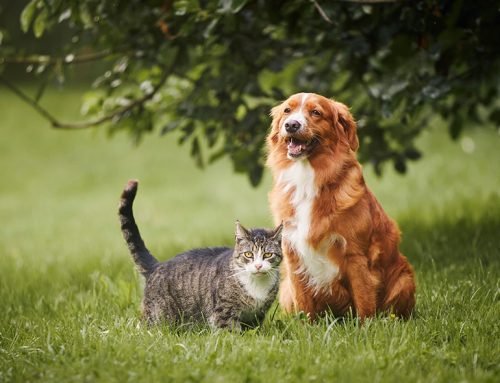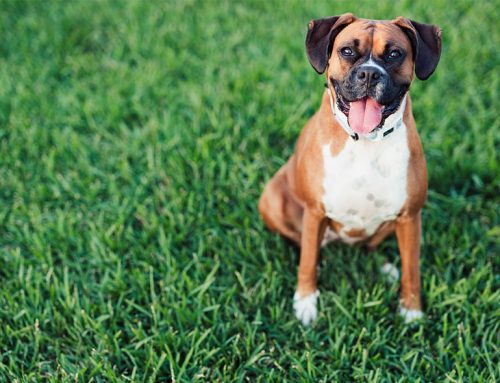As a dedicated pet owner, you want the best for your furry companions, which includes keeping them safe and healthy. Rabies is one of those health concerns that every responsible pet owner should be aware of. To help you navigate this important topic, we’ve compiled a list of frequently asked about rabies.
What is rabies, and how does it affect my pet?
Rabies is a viral disease that affects the nervous system in mammals, including pets. It’s typically transmitted through the saliva of an infected animal, often via bites or scratches. Once contracted, it can lead to severe neurological symptoms and is nearly always fatal if not treated promptly.
Can humans get rabies from their pets?
While it’s rare, rabies can be transmitted from pets to humans. This emphasizes the importance of vaccinating your pets to protect both them and your family.
How can I tell if my pet has rabies?
The symptoms of rabies in pets can vary, but common signs include sudden behavior changes, excessive aggression or fearfulness, difficulty swallowing, excessive drooling, and paralysis. If you suspect your pet may have rabies, seek immediate veterinary care.
Is rabies a real threat to my pet today?
Rabies is still a real threat, even in today’s world. While vaccination programs have reduced the number of cases in pets, wildlife like raccoons, bats, and skunks can carry the virus. Preventive measures, such as regular vaccinations, are crucial to protect your pet. In many places, rabies vaccination is legally required for pets. In the state of Washington, the vast majority of Rabies is caused by exposure to bats.
How can I prevent rabies in my pet?
The most effective way to prevent rabies is through vaccination. Ensure your pet receives the initial vaccine and stays up to date as per your veterinarian’s recommendations. Keep them away from wildlife and supervise outdoor activities. It is not uncommon for bats to get inside a home, exposing pets that are 100% indoors, all dogs and cats need to be kept current on their Rabies vaccine.
What should I do if my pet is bitten by a wild animal?
If your pet is bitten or scratched by a potentially rabid animal, wash the wound thoroughly with soap and water and contact your veterinarian immediately. Your pet may need a booster vaccine and observation for any signs of rabies. The required protocol after a bite varies dramatically depending upon if your pet is current on its Rabies vaccination.
What should I do if my pet encounters a potentially rabid animal?
If your pet has had a close encounter with a potentially rabid animal, consult your veterinarian immediately. They will assess the situation and advise you on the necessary steps, which may include booster vaccinations and observation. The required protocol after exposure varies dramatically depending upon if your pet is current on its Rabies vaccination.
Rabies is a serious concern for pet owners, but with the right information and preventive measures, you can keep your furry companions safe. Regular vaccinations, responsible pet ownership, and prompt action when needed are your best tools in safeguarding your pets against this deadly disease. If you have any further questions or concerns, don’t hesitate to reach out to your veterinarian; they are there to help you provide the best care for your beloved pets.







Leave A Comment